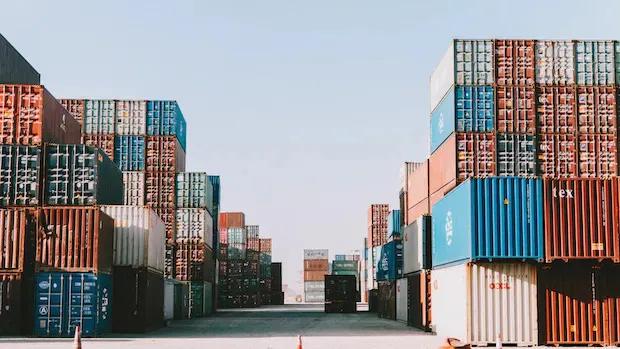
Geneva, 28 February 2023 – FIATA International Federation of Freight Forwarders Associations, urges shipping lines to review and reinstate the current free time periods back to no less than feasible, pre-pandemic levels. Whilst the decision to reduce the free time periods was one-sided, market conditions have in the meantime changed, and justifications for status quo no longer remain valid.
Demurrage and detention charges are an important tool for supply chain stakeholders to ensure the efficient use of their container stock which represents a substantial investment. Understanding the need for maintaining the velocity of cargo, containers need to be turned around as fast as possible. Consequently, merchants who use containers for longer periods should be discouraged from this practice. Best practices on this topic can be found in FIATA’s Toolkit on Detention and Demurrage and the Best Practice Guide on Container Shipping and Quality of Containers Vol 2 (please click buttons below).
FIATA notes that it is the obligation of shipping lines to provide a reasonable free period to allow the merchant sufficient time for:
During the last few years, free time periods for containers have been reduced and tariffs for demurrage and detention have increased considerably. Shipping lines justified shorter free time periods noting that it will increase fluidity and help to ease congestion. The decision forced merchants to make considerable efforts to meet free time windows, leading to landside congestion, and above all, traffic jams around major ports and terminals. However, merchants have been charged detention and demurrage fees even in situations where they had no control over the container turnaround time, despite their best efforts, due to congestion at ports.
With reduced volumes shipped, the strain on supply chain bottlenecks came down, and congestion has since eased substantially. The idle capacity of containers that were stuck in congestion are now also coming back into circulation. Industry feedback notes that the combination of older equipment having been kept in service, and production of new containers at record levels, would lead to a period where the available container fleet outweighs demand for its use.
Need for timely response to changed market environment
A supply chain is stronger when there is dialogue and coordination between stakeholders. No one stakeholder should impose onerous requirements on the others. In this context, the current free time periods limit the scope for proper compliance with the:
In addition, FIATA encourages shipping lines to take a serious look into the quality of the equipment to:
FIATA calls for detention and demurrage practices to be in line with the velocity principle, with multi-stakeholder coordination to respond to market needs in a timely manner to strengthen supply chain resilience. Now is the time to act to optimise container movements and improve container quality for future use.
FIATA's Toolkit on Detention and Demurrage (FMC Final Rule)
Best Practice Guide on Container Shipping and Quality of Containers Vol II